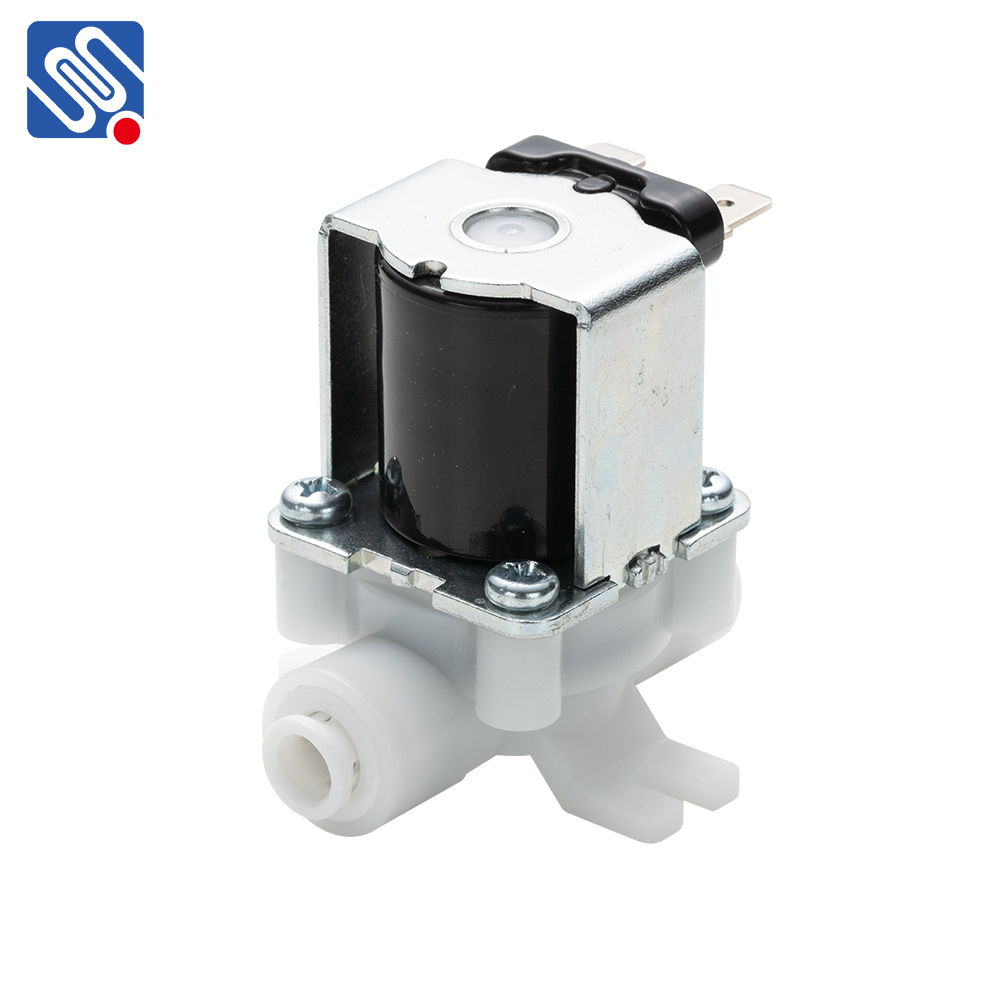Food grade solenoid valves play a crucial role in ensuring the safe and hygienic flow of liquids, gases, and steam in the food, beverage, and pharmaceutical industries. These valves, designed to handle substances that come into contact with food products, must adhere to strict certification standards to ensure that they meet the health and safety requirements of these industries. This article explores the key standards and certifications associated with food grade solenoid valves and why these certifications are vital in maintaining product safety and quality.

What is a Food Grade Solenoid Valve? A solenoid valve is an electromechanically operated valve used to control the flow of liquids or gases through a pipeline. A food grade solenoid valve is specifically designed for applications where the valve comes into direct contact with food products. The materials used in the construction of these valves must be non-toxic and free from harmful chemicals that could contaminate food or beverages. These valves are widely used in food processing plants, beverage manufacturing, dairy production, and pharmaceutical manufacturing. Given the critical nature of their application, food grade solenoid valves must comply with specific industry regulations and certifications to ensure that they are safe for use in environments that handle consumable goods.